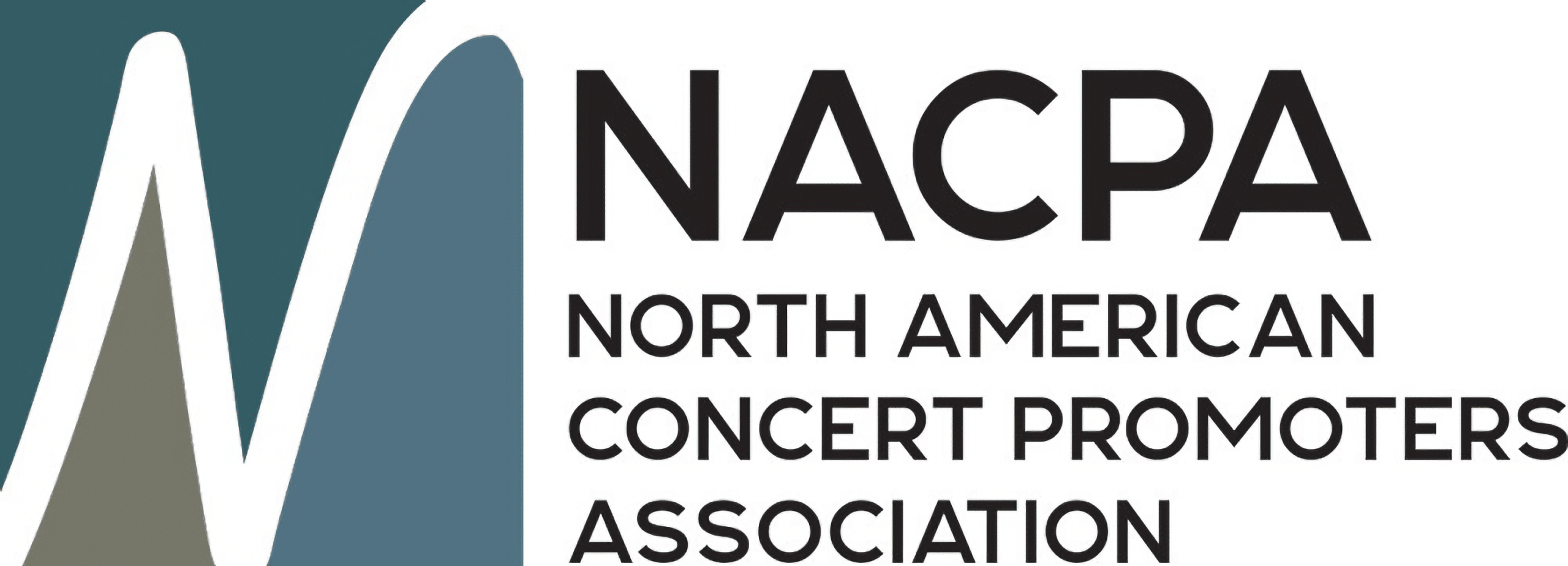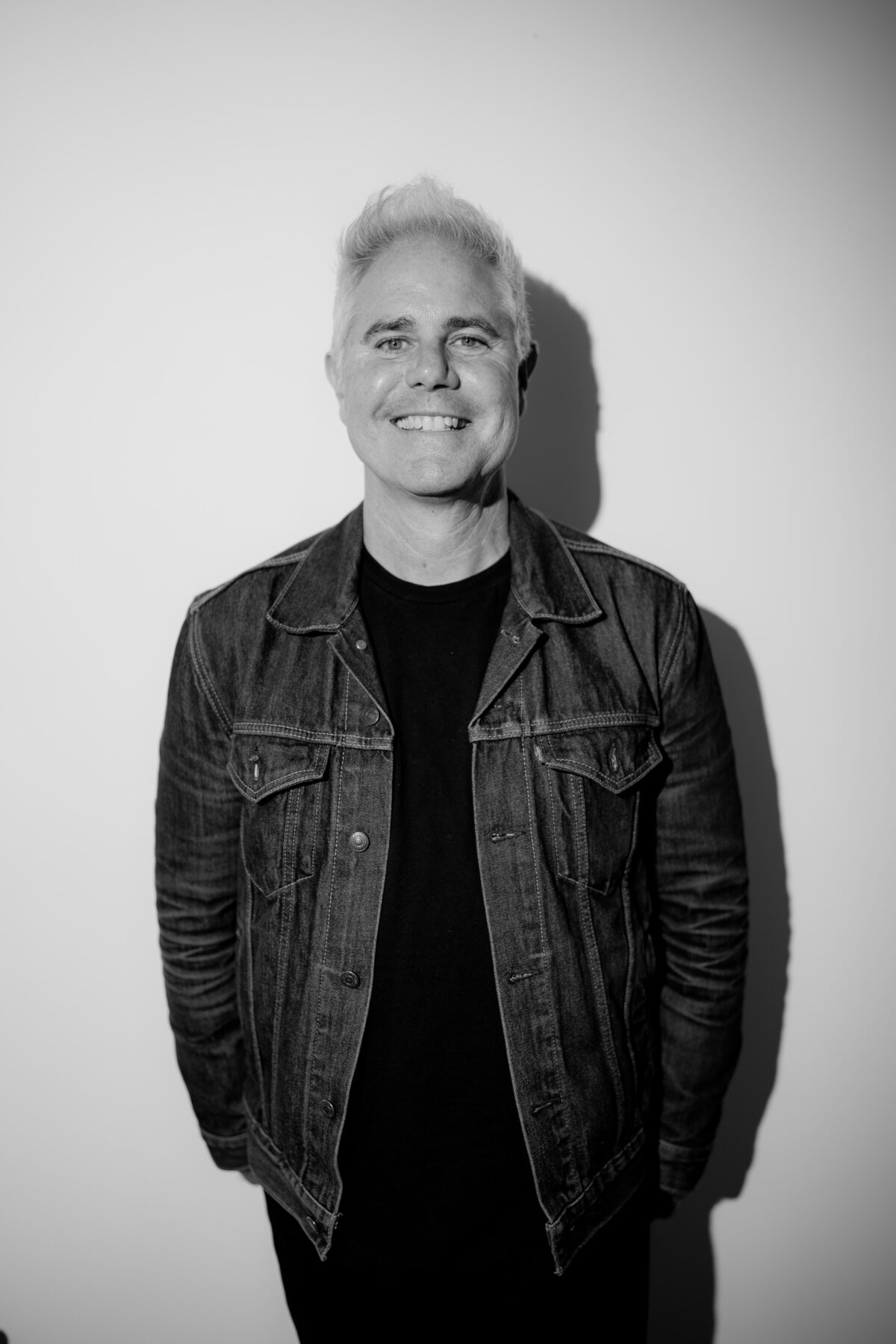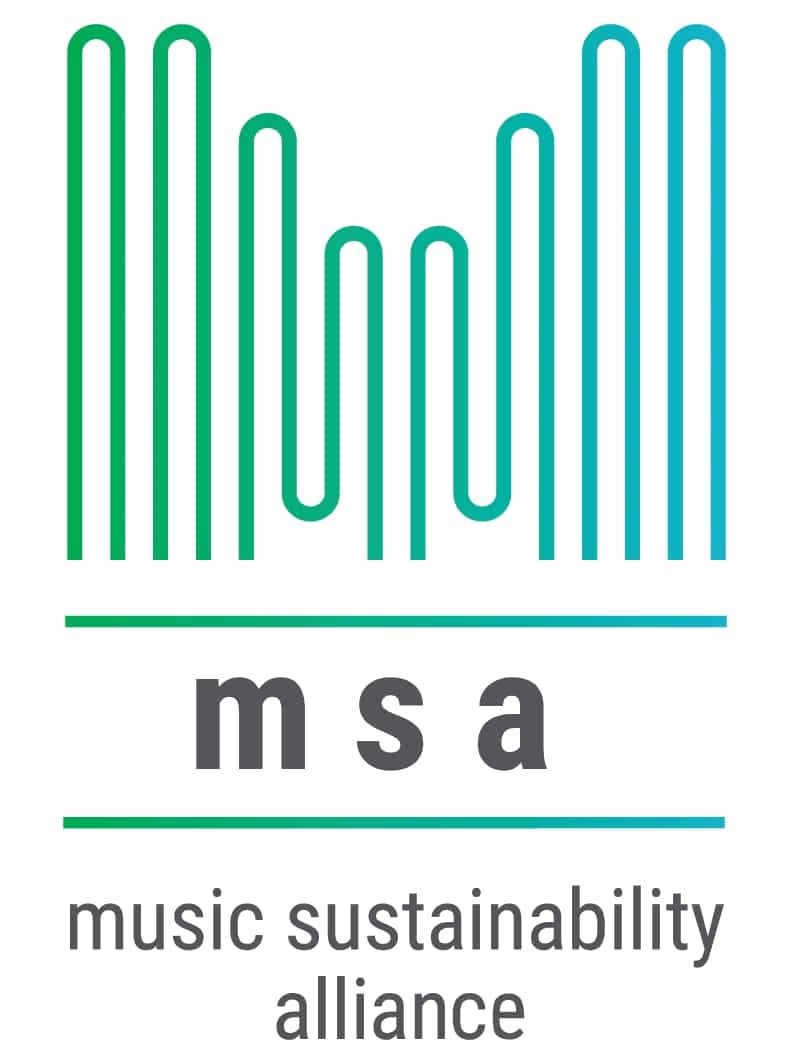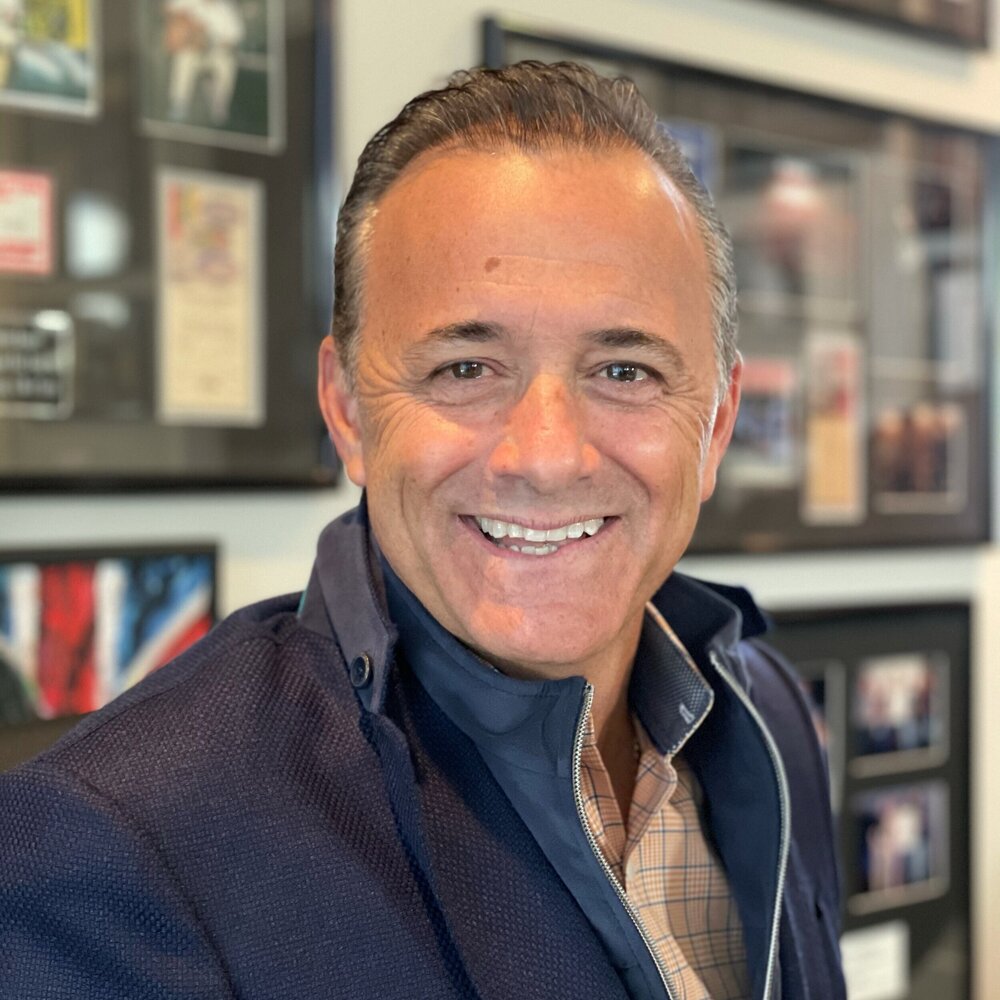
As the U.S. events return with or without restrictions, NACPA decided to take a look at how our friends in facility management are handling it. Chris Semrau is the GM of the once-named Chesapeake Energy Arena in Oklahoma City, a venue that was recently renamed Paycom Center and is home to the NBA’s Oklahoma City Thunder. It was an SMG-managed building until that powerful company merged with AEG Facilities to become the venue’s facility manager, ASM Global. Paycom Center can house up to 16,591 for concerts and has 18,203 seats in its basketball configuration.
Chris, can you give us a brief background?
I’ve been in this business for over 20 years now. I opened a building in Grand Forks, ND, called the Ralph Englestad Arena, the most palatial, unbelievable hockey facility in the country in my opinion. Mr. Englestad hired me right out of college back in 2000. I was part of building and opening that facility and was a tremendous experience to have my first job to be one of constructing and opening a brand-new arena.
I opened and worked at a new facility in Sioux Falls, SD, called Denny Sanford Premier Center, which is managed by ASM Global. I was there 4.5 years. Whe the opportunity was offered to come to Oklahoma City and work at the NBA facility and I jumped at that chance. Three years this month I’ll be in the market and we couldn’t be happier.
How is the NBA scheduling looking for 2021-22?
The NBA schedule for the most part will get back to the original cadence that we were used to prior to the industry disruption. That schedule will come out in August and the NHL schedule just came out as well. It looks like we’ll be back on the October-through-June cycle.
It is anticipated that the NFL, NBA and NHL will all be 100 percent capacity when they resume their schedule this fall.
Do you have additional dates set aside in case of a virus impact?
We are not holding a secondary set of dates in anticipation of the season being pushed back once again. We are targeting the normal schedule approach from the NBA and are hopeful and confident that we will not have to revise that.
Two seasons ago, of course, the home schedule was cut short prior to the bubble and last year we had to push the season back. However, we believe this year we will be back to a normal approach for scheduling.
What is traffic looking like for next year?
It is significant in 2022. I think many tours have pushed back to play in 2022 and others are looking to resume in that time period. So, next year will be a very significant year for tours. Hopefully ’22 and ’23 will be a renaissance for live shows.
Do you have multiple holds for many dates?
It is not uncommon to have dates with several holds deep, which is great but also causes some logistical challenges as well. I think we’re somewhat in a holding pattern for a little longer before those holds convert over to confirmations or dates are released.
As the professional sports schedules continue to come out, that will help in clearing up some of the date availability and you will see tours starting to make their final decisions very soon.
Are you currently in the position of needing to turn away artists or is the question premature?
We’re not turning down artists. Rather, we’re trying to be creative to supply decisionmakers with options to play the market. If the target date or window does not make sense or isn’t available, we’re trying to work with them on what else could be beneficial for their tour.
I think it is key to offer additional information so that the decisionmakers know which days are more likely to clear and which ones will have more challenges associated with them. It’s important to be as helpful and transparent with the agents and promoters as possible so they understand you’re looking out for their investment in your market.
When do you think the schedule for next year emerge, for the most part?
I think the NBA schedule will be released in August and, post Labor Day weekend, you will see an onslaught of shows beginning to go on sale. That will also be the time period where much of what is on hold for 2022 will be cleaned up and determined.
Have you heard any significant discussion regarding another lockdown?
I haven’t heard of any relevant discussion about lockdowns or closing the industry once again. I believe events are going to take place. The question is what parameters would be associated with producing and attending those events, i.e., vaccinations or negative tests within 72 hours, which may be likely for the foreseeable future.
I think much of that is yet to be determined in the coming weeks.
As we have been building this interview, there has been a significant uptick in Proof of Vaccines and/or proof of negative COVID testing. Where do things stand with your building, where are they heading, and what is the reaction with patrons?
Obviously the landscapes continues to evolve and we engage in daily communicate with industry and local leaders. Proof of vaccination or a negative test have become a common approach over recent weeks. We currently do not have any policies in place at our venue as prerequisites for attending events, but understand this may change with influence from the NBA, tours, or local officials.
Are you working with the new convention center?
ASM Global has just opened up a state-of-the-art convention center in downtown Oklahoma City. It’s very unique to build a brand-new structure from the ground up in the middle of a downtown major market. It is adjacent to a brand-new OMNI Hotel and a park, which makes it a tremendous destination in the middle of America.
It has 200,000 square feet of flat-floor space in their main trade hall, which is significant along with multiple levels.
ASM Global manages that convention center as well as the Paycom Center. I do not day-to-day manage the convention center. It’s a separate division but it’s still part of ASM Global.
Anything else?
The sports and entertainment world came to a grinding halt on March 11 when we had a player from the Utah Jazz test positive for Covid 19 and we had to stop the game just before tipoff and usher the players back to their locker rooms and egress the building. That was the tipping point of closing down the industry. So we were Ground Zero for the start of the pandemic in our sector and therefore it’s going to be so much more gratifying when we fully return to hosting events and guests in our facility remembering how it all started.
It’s been a beyond-challenging year and a half but now it’s as much about communication as it is about implementation to elevate the guest experience while keeping the safety and security at the forefront of what we’re doing. Everybody is implementing technology and new policies and hopefully providing new experiences for guests.
I think the public will prioritize entertainment high on their list once again once we ‘return to live.’



